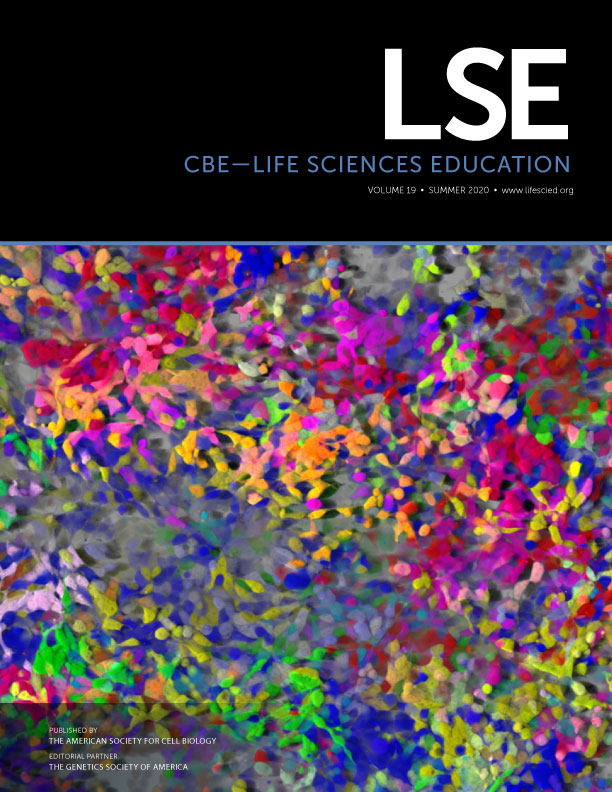Abstract
Random call is a randomized approach to select a student or group of students to share their thinking with the whole class. There are potential costs and benefits of random call in undergraduate courses, yet we lack insight about how this strategy is actually implemented and why instructors choose to use it. We interviewed 12 college biology instructors who use random call in courses with 50 or more students. Qualitative content analysis revealed why these instructors chose to use random call, the specific ways they implemented random call, and the reasoning behind their implementation. Instructors used random call to increase the diversity of voices heard in the classroom and to hold students accountable for working. Random call users showed concern about student anxiety and took specific steps to mitigate it. We break random call down into a series of components, identify the components that our participants considered most critical, and describe the reasoning underlying random call components. This work lays a foundation for future investigations of how specific random call components influence student outcomes, in what contexts, and for which students.



